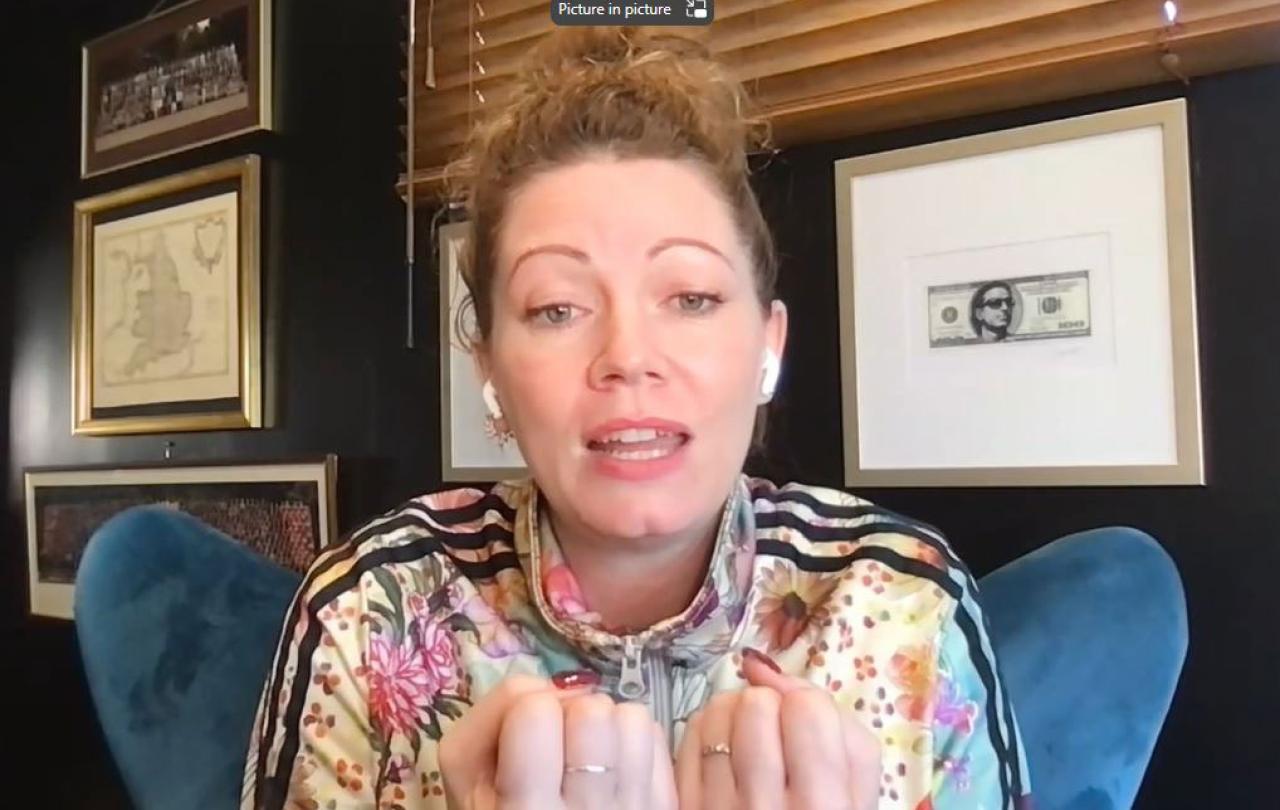But it is also tender. What’s playing out on screen—the story surrounding the creation of the novel’s story—is a very different kind of Black story. Monk, it turns out, is the black sheep only because he’s a PhD in a family of MDs. Here is a Black family with a massive Victorian home in Boston and a beach house on the Cape—which is just to say, they are a family of accomplished professionals like so many others. Are we surprised? Like any human family, of course, their life is not without pain, loss, heartbreak, and animosity. But like any human family, there is also achievement, pride, joy, connection.
Here’s a Black family. Here’s their story. Is this a “Black story?” Is it “Black enough?” What do we want from our stories?
Jefferson’s endeavor here is fraught, and he knows it. The last part of the movie “goes meta” as a way to concede that there’s no “clean” way to raise these questions without slipping back into being part of the problem. As a white viewer of this movie, if I laugh at all the right points and get all the inside jokes, am I being offered a little absolution? To his credit, Jefferson never quite lets a viewer like me off the hook. Something about this story will, and should, remain unavailable to me.
But also to his credit, Jefferson had me thinking of the Roman poet Terence when we walked out of the cinema. Homo sum: humani nihil a me alienum puto. “I am human: nothing human is alien to me.” Jefferson tells a story that, in this climate, is willing to risk a claim to human solidarity.

